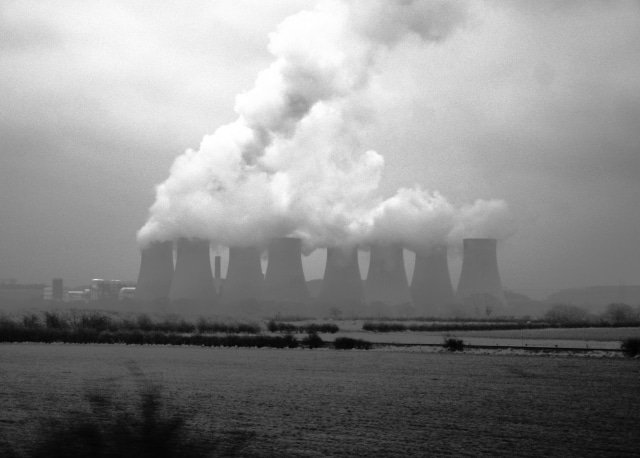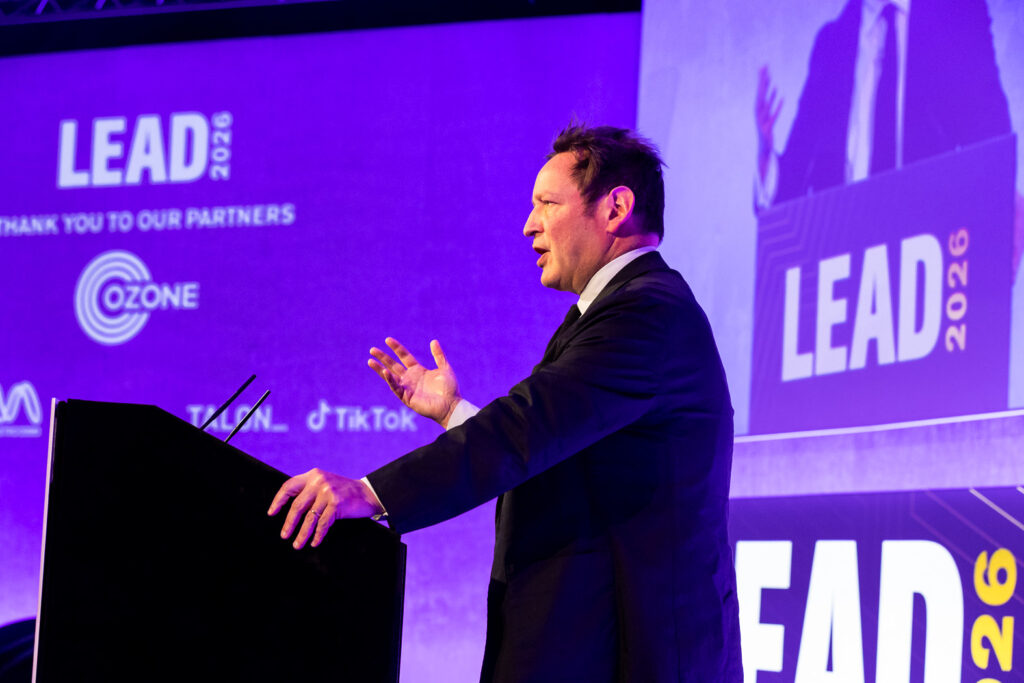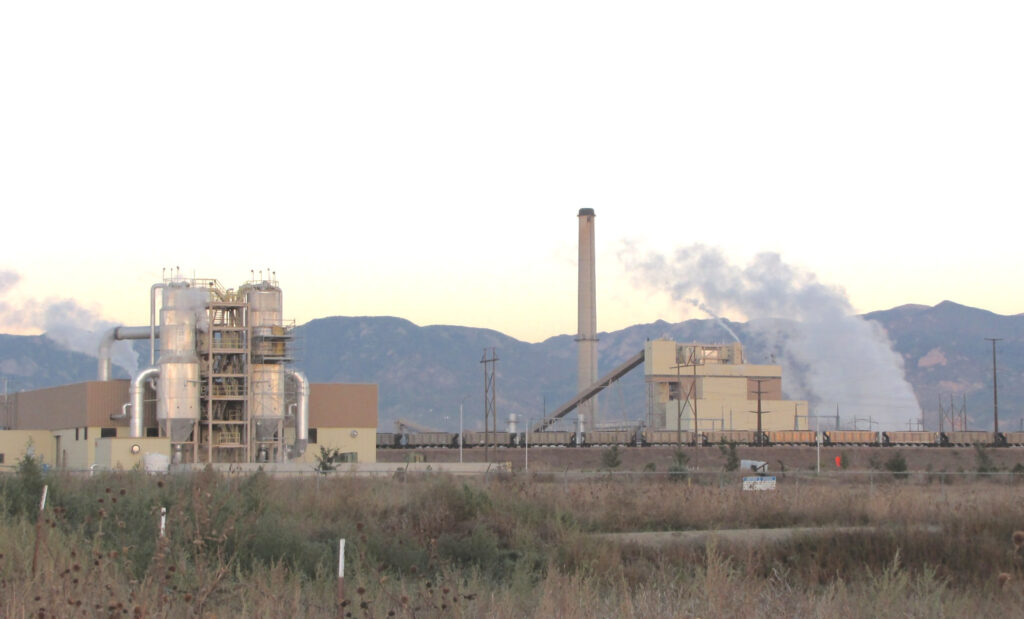John Blundell and Fred Smith – both funded by oil baron Charles Koch – worked closely to export climate denial to Britain. This is part one of Fred Smith’s story as part of our History Series.
John Blundell played a direct role in the growing climate denial movement in the 1980s and ‘90s. As President of the Charles Koch Charitable Foundation he was a critical funder and supporter of definitive American climate denial think thanks. And it was not long before he turned to those closest to him to build the foundations of British climate denial.
One such ally and beneficiary of Blundell’s rise to power was his friend Fred Smith, a rotund white whiskered libertarian and long-time ally of the International Energy Agency.
Smith had started out working at the US government Environmental Protection Agency (EPA) but quickly became disgruntled with the “ideology” he confronted.
One day he read Hayek’s The Use of Knowledge in Society and was convinced: “My transition from a technocratic state planner to a free market type person was my experience in EPA”, he told me.
Fighting environmental regulations
Smith left his job and pension to form the Competitive Enterprise Institute (CEI) in 1986, modelled on Fisher’s institute and with support from London.
He fought state imposed environmental regulations from the get-go: “I had no backer at all, so I formed it and paid for it out of my own pocket,” he told me. “… And my wife’s pocket”.
Blundell was by then in regular contact: “We had an exchange going back until 1986,” Smith recalls, “John would visit the United States at that time mostly to seek Cato or Heritage. If he was here we’d get to meet each other”.
The CEI campaigned against the Chlorofluorocarbons (CFC) ban enforced after scientists discovered their harmful effects on the Ozone layer. The think tank then tried to convince industry to oppose the Montreal Protocol banning the potent greenhouse gases but without success.
Smith was, because of his specialist interest in the environment, among the first free market lobbyists in the US to understand the political implications of climate science.
He was immediately concerned that taxation and regulation to prevent ecological destruction would become fashionable once more.
“It was essentially the same thing, take the same model and put a different name at the top, ozone depletion, forest death, climate change, all the same thing,” he said. “We were very early on at that issue and probably wrote some of the first papers from non-scientific people, the first policy papers.”
An American invention
He continued: “Regulation in this sense is more of an American invention. Europe had honest socialism. [The state] actually owned things. When you screwed up you blamed government. America never had much of that. It always had a less honest form of socialism. We would leave the system private and then regulate the hell out of it and to do whatever we thought was politically useful.
“And then when things went wrong we’d blame the private sector. It’s a much more clever way of exercising control, you have power but no accountability.”
Smith was frustrated that the oil companies were almost universally failing to recognise the climate agenda as a threat.
William O’Keefe, from the American Petroleum Institute and the Global Climate Coalition had joined the board of the CEI by this time and the two men discussed the difficulty of organisations publicly linked to oil companies campaigning against climate science.
But Smith soon found inspiration from America’s attempt to ban the sale of alcoholic drinks through the 1920s and would apply the same theory here with seemingly successful results.
In what has been coined the ‘baptist and bootlegger’ solution, Smith and Blundell would see a powerful alliance forged between a moral intellectual group – in this case the CEI – and economic entities better known as Big Oil and Big Tobacco.
Continue to part 2 of our epic history series on Fred Smith and his prohibition era-inspired solution to attacking climate science.
Photo: Alan Zomerfeld via Wikimedia Creative Commons
Subscribe to our newsletter
Stay up to date with DeSmog news and alerts






